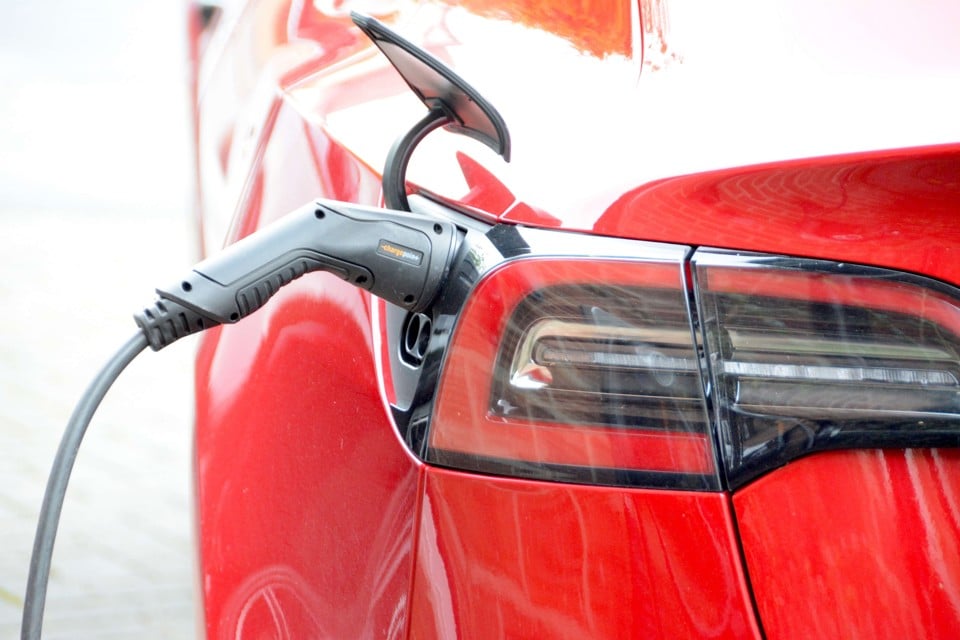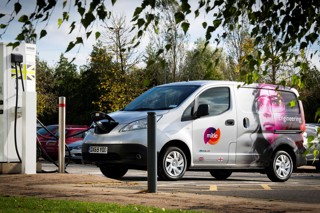Almost three in 10 (29%) fleets that already operate or are planning to adopt electrified vehicles (EVs) within the next three years now offer workplace charging for free, according to Arval Mobility Observatory.
A further 18% surveyed in the 2021 Arval Mobility Observatory Barometer research said they plan to install workplace chargers within the next 12 months, while 44% of respondents said they offer no charging facilities at all.
The research also looked at payment for workplace charger use and while 29% offer charging for free, 14% have chargers in place but require employees to pay for charging.
To support charging at home, 14% of employers subsidised the installation of domestic chargers while their drivers footed the bill in 13% of cases.
Shaun Sadlier, head of Arval Mobility Observatory in the UK, said ensuring drivers have charging facilities available at home and at work is a strategic building block in the ongoing adoption of EVs more broadly.
He said: “This research provides a fascinating snapshot of the current state of play – it’s pleasing to see that nearly three in 10 fleets offer free workplace charging.
“What we can see is that the level of corporates offering both charging at the workplace and support for home charging is some way behind the adoption of EVs themselves.
"However, the research shows that the picture is potentially changing quite rapidly, with almost one in five employers aiming to install charging in the next year.
“Different attitudes to making drivers pay for charging are also noteworthy. There is an almost equal split in terms of both the cost of accessing workplace charging and of subsidising having a charger installed at home.
“It will be interesting to see how this situation develops over the coming years as the number of EVs being used rapidly increases.”
Arval UK said it has installed 50 charge points at its head office in Swindon to help increase the use of EVs.
Fleet decision-makers expect around four in 10 of their cars and vans will be fully electric within the next three years.
A number of organisations have already committed to electrifying their fleets by 2025, such as Centrica, while Mitie has said it will have at least 2,021 BEVs by the end of this year.
























Login to comment
Comments
No comments have been made yet.